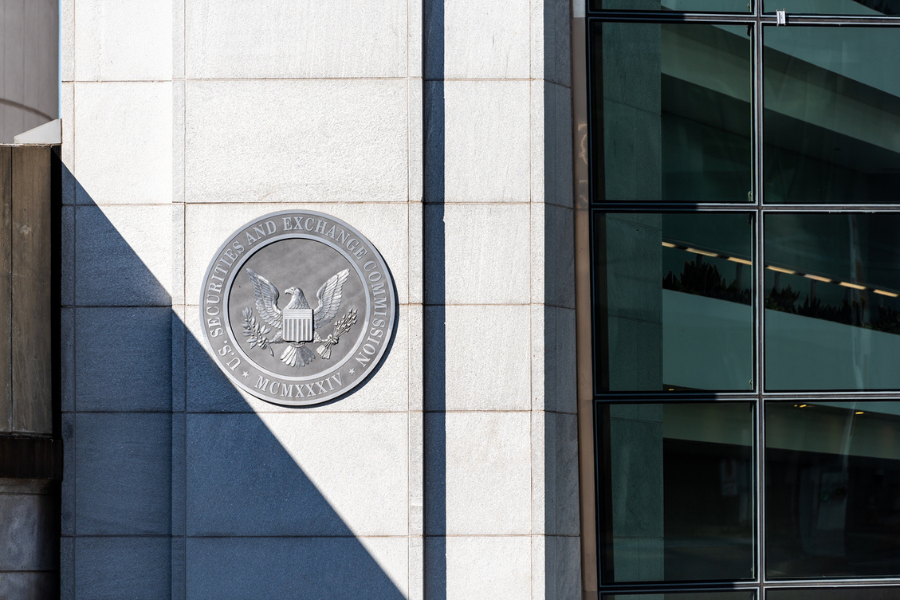

The chair of the Securities and Exchange Commission has issued a statement hailing what he sees as the benefits of the U.S. securities market adopting faster settlements.
From Monday, May 28, T+1 will be adopted with the new standard settlement cycle for broker-dealer trades halving the current timeframe. The SEC adopted a set of rule amendments to facilitate the change in February 2023.
“For everyday investors who sell their stock on a Monday, shortening the settlement cycle will allow them to get their money on Tuesday,” said SEC chair Gary Gensler. “Shortening the settlement cycle also will help the markets because time is money and time is risk. It will make our market plumbing more resilient, timely, and orderly. Further, it addresses one of the four areas the staff recommended the Commission address in response to the GameStop stock events of 2021.”
The SEC says that institutional trades will also be improved due to new processing and recordkeeping requirements for broker-dealers and registered investment advisors, respectively.
Veteran investment professionals will remember that prior to 1993, the settlement standard was T+5 before it changed to T+3 where it remained for 14 years until T+2 was introduced in 2017. This history means the SEC is aware that there could be a short-term increase in settlement fails and other challenges, but it believes this will impact a small segment of market participants.
However, traders are nervous ahead of Monday’s change.
“There’s a lot of anxiety even just around the technology and the actual way by which settlement will take place,” Amy Hong, head of market structure and strategic partnerships for global banking and markets at Goldman Sachs Group, told the Bloomberg Sell-Side Leaders Forum this month. “There are going to be some mismatches around funding, there are going to be some FX-related issues that we’re going to need to work out.”
Meanwhile, JPMorgan’s internal modeling shows about a quarter of the currency trades it processes for clients are set to be impacted.
The SEC says it has been working with stakeholders to iron out issues and help them transition towards T+1 and that it will continue its efforts to help facilitate a successful transition.

From outstanding individuals to innovative organizations, find out who made the final shortlist for top honors at the IN awards, now in its second year.

Cresset's Susie Cranston is expecting an economic recession, but says her $65 billion RIA sees "great opportunity" to keep investing in a down market.

“There’s a big pull to alternative investments right now because of volatility of the stock market,” Kevin Gannon, CEO of Robert A. Stanger & Co., said.

Sellers shift focus: It's not about succession anymore.

Platform being adopted by independent-minded advisors who see insurance as a core pillar of their business.
RIAs face rising regulatory pressure in 2025. Forward-looking firms are responding with embedded technology, not more paperwork.
As inheritances are set to reshape client portfolios and next-gen heirs demand digital-first experiences, firms are retooling their wealth tech stacks and succession models in real time.
